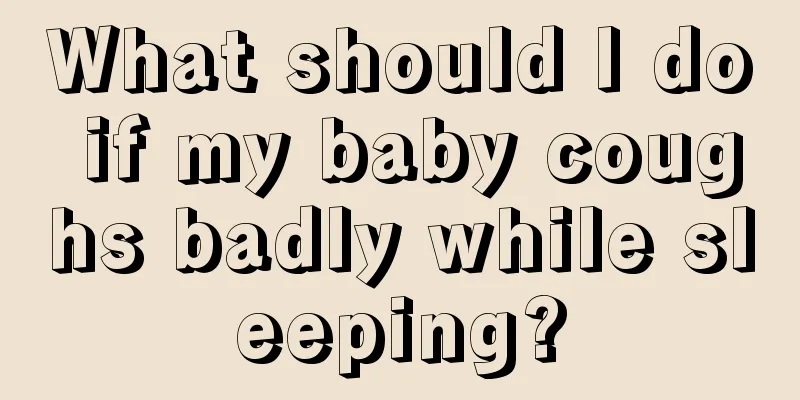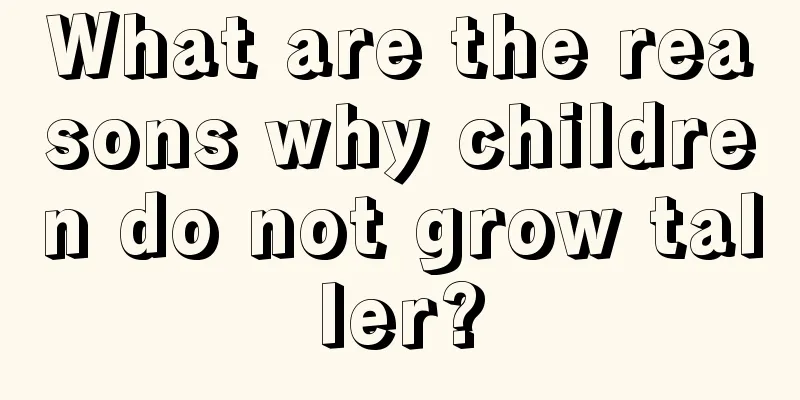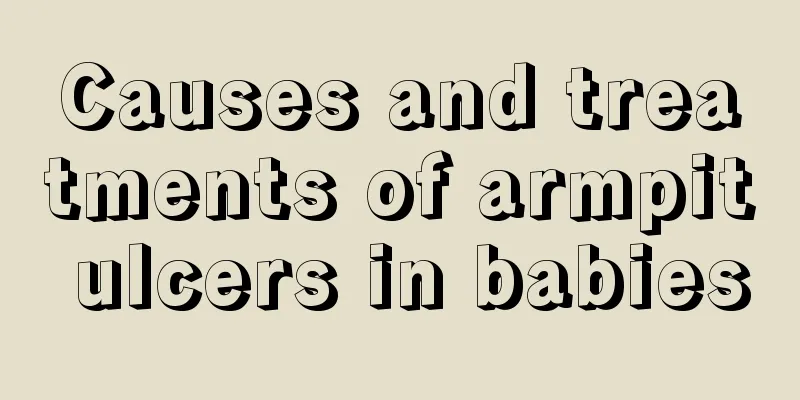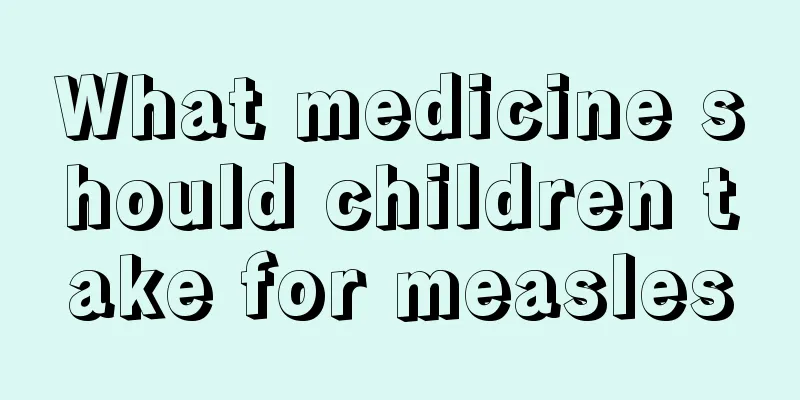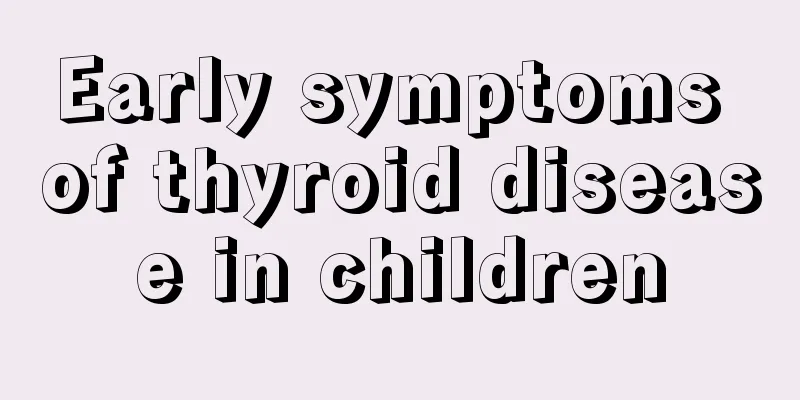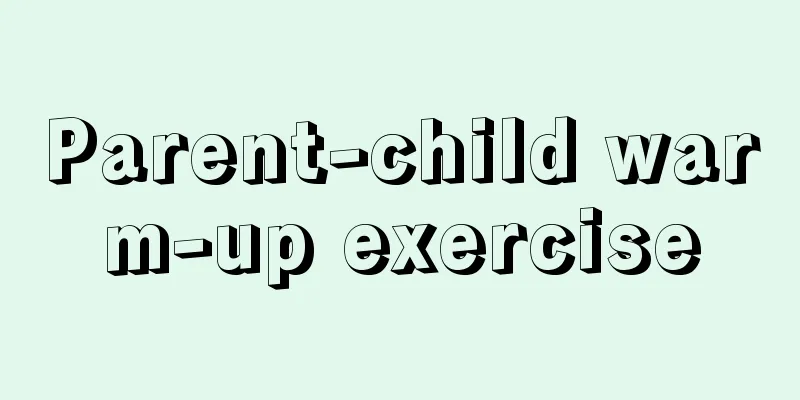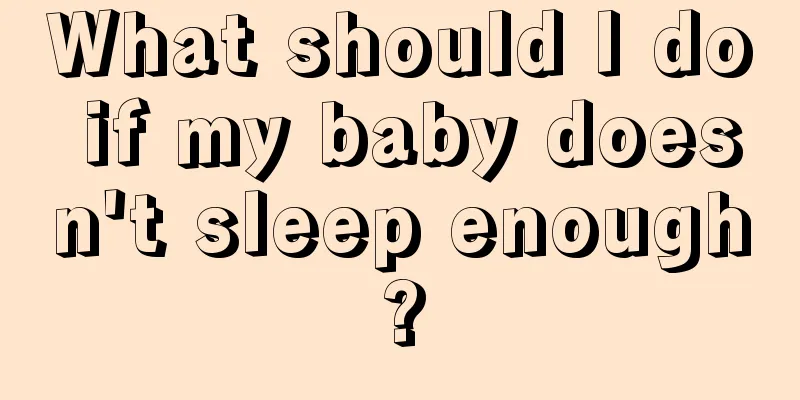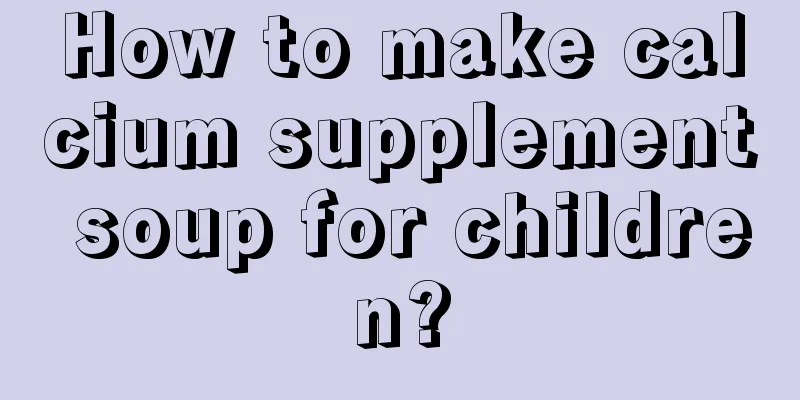What are the tips for taking medicine for children's cold and fever
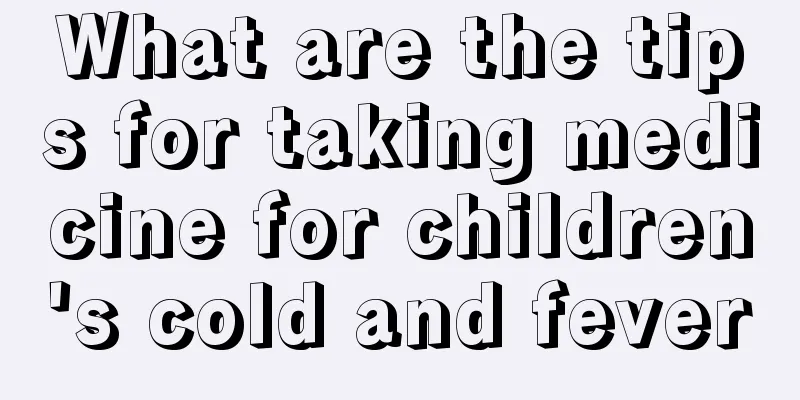
|
Colds and fevers are relatively common symptoms in children, so you must be careful when using medication. After all, children are young and have poor immunity, and improper use of medications can be very harmful. For children under four years old, medications can only be used under the guidance of a doctor when there are symptoms. In addition, the risk of repeated dosing must be avoided. You must be cautious in medication treatment, even with over-the-counter drugs. 1. Take medicine only when you have symptoms Do not give any cold or cough medicine directly to a child younger than 4 years old. Some studies show that some over-the-counter medicines may not help with cold symptoms in young children. They are more likely to lead to other potential dangers. Choose medicine only to treat the symptoms that your child has already developed. Do not give your child medicine to treat symptoms that he does not have at all. Don't give your child cold medicine just for throat symptoms. 2. Be wary of repeated dosing If you decide to give your child two or more medicines, you must make sure that the medicines work differently. For example, many cold remedies contain acetaminophen, which is the same as hydroxyphenylacetamide. Likewise, a cough medicine may contain other ingredients to treat symptoms. This information is very easy to be overlooked, so please be sure to read the drug instructions carefully before using it and avoid giving your child repeated doses. 3. Do some calculations before taking medicine Even over-the-counter medications should be used according to guidelines and based on the child's age and weight. Read the dosage instructions on the package carefully to understand the units and amounts and calculate the correct amount for your child. For example, should a child's weight be calculated based on the unit jin or kilogram, how should the corresponding milliliters be correctly read in the measuring cup, etc. Every child, or every dose given to a child, is different. Also, use a tool that can actually measure the dosage when giving medicine to your child, so at least you know that your child has taken it, but just hasn't swallowed it all. 4. Don’t call over-the-counter medicines “candy” Children, especially young children, love to imitate adults' behavior, so we need to take some precautions: avoid taking your own medicines in front of children, do not call any medicine "candy", and do not use sweet-tasting medicines (such as vitamin tablets) as rewards for children. How high is the baby's temperature? Take antipyretic medicine 38℃ is the dividing line, and antipyretics can be used above 38℃. At what temperature should a child's fever be before starting to use antipyretics? This is a common confusion for many parents. Professor Cai Xuxu said that antipyretics can be used if the fever is above 38℃. Generally, antipyretic drugs can stabilize the body temperature for 4-6 hours and can be used repeatedly, but not more than 3-4 times a day. At the same time, make sure your child drinks plenty of water. When a child has a fever, his breathing rate will usually increase, but if you find that the child's lips are purple and his nostrils are flaring, he may be in respiratory distress and must be taken to the hospital for treatment. |
<<: Is it serious if a child has a nose bleed? How to treat it?
>>: What is happening when a child is shaking violently?
Recommend
How much milk powder does a child eat in a month
Although the best nutrition for children comes fr...
Age group of children
Children are the flowers of the motherland and th...
How soon can babies swim?
With the continuous improvement of living standar...
How to make shrimp porridge for babies?
Drinking porridge is a way of eating that people ...
How to educate a 2-year-old baby
For children, their growth process is a process o...
What is the best age for boys to sleep in separate beds?
Many families let their children sleep in the sam...
What are the causes of nosebleeds in 2-year-old children?
Some people always think that nosebleeds only hap...
Can eczema be treated with sun exposure?
There are many people who suffer from eczema, for...
What is the reason for the three-year-old baby's stool to have blood?
As the baby grows day by day, there are often man...
What are the symptoms of purpuric nephritis in children?
Nephritis is harmful to our body. At the same tim...
At what age should children brush their teeth?
Although the baby's teeth have not yet grown ...
What is the reason for the child's red lips?
Parents should take good care of their children, ...
How to view early love among middle school students
Premature love has become a common phenomenon in ...
How to dress newborns in winter?
Pregnant mothers are both excited and overwhelmed...
My baby's nose is bleeding all the time.
If parents find that their baby's nose has be...
